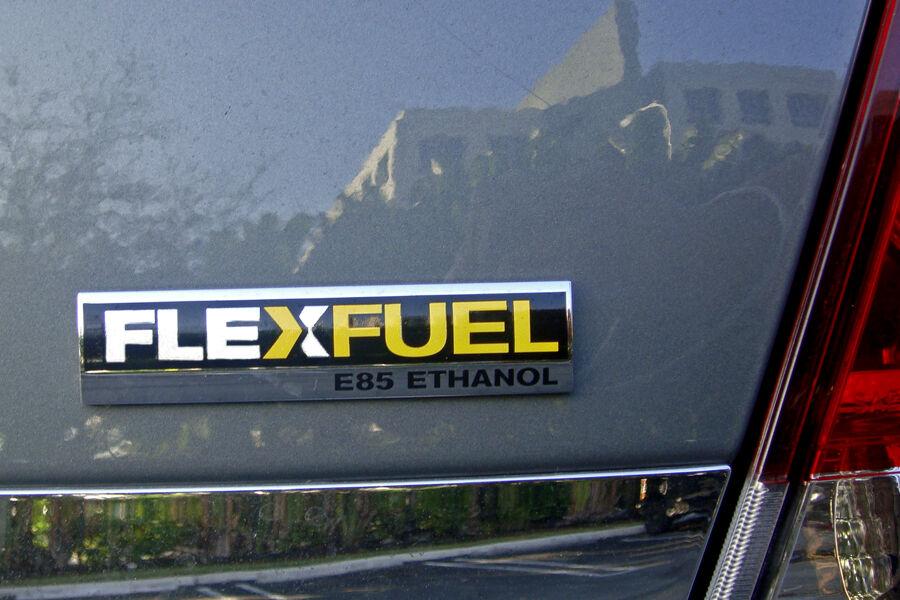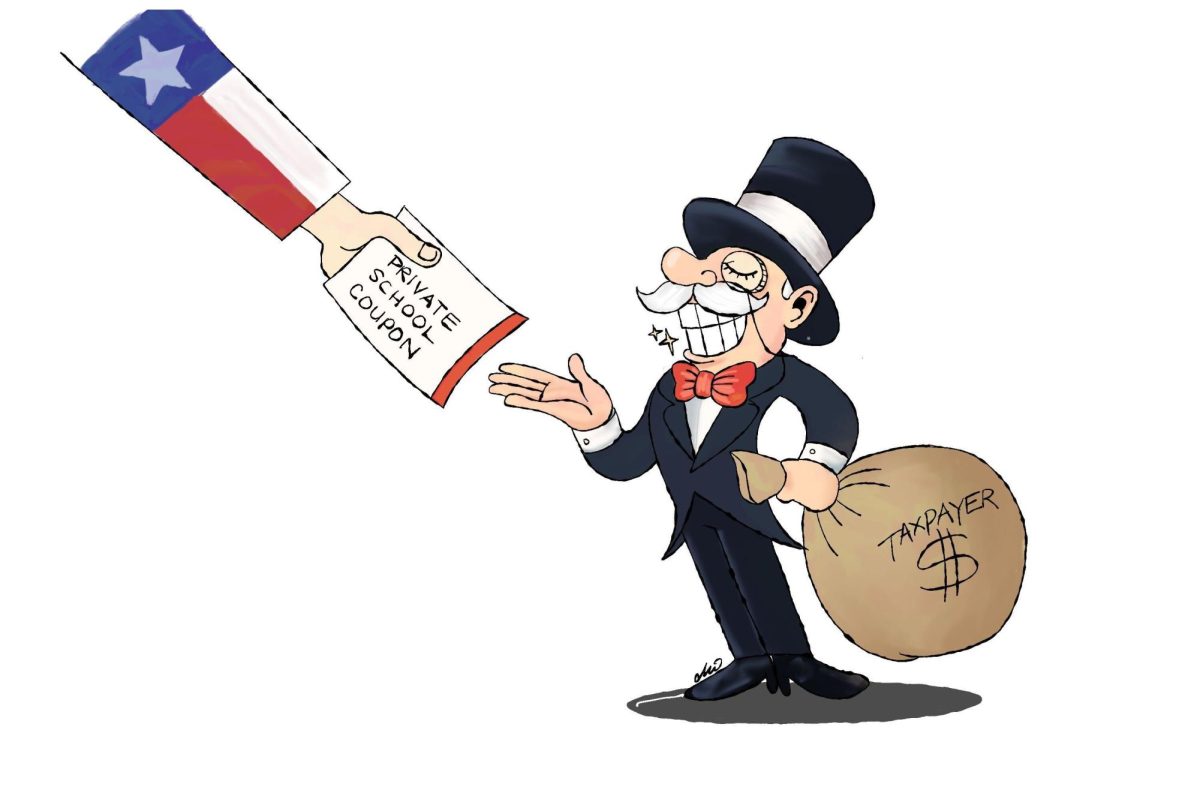If, like me, you’ve got eyes, you’ve noticed the soaring gas prices around College Station and likely everywhere else. In a pretty short time, prices jumped as high as $4.09 per gallon near campus.
Sanctions on Russia, increasing inflation and continuing supply chain issues can all be used to justify this price spike. But, for all this talk of blame, there isn’t much talk of solutions, especially in the long term. To get over this hump, we need to look at other avenues open for innovation.
Brazil, a large resource-rich country, has hustled to catch up with the developed world in the past few decades. In the pursuit of this goal, industry and legislators innovated and adapted to make the best out of their situation. Instead of allowing oil and gas prices to be the determining factor in the accessibility of cars, they looked to a tried and true staple of their economy.
Sugarcane has been an economic foundation for Brazil since colonization. Its energy-dense properties can be tapped via the same stuff that American moonshiners utilized during prohibition — ethanol alcohol. Today, it powers over 90% of new cars in some capacity and has allowed Brazil to develop its own fuel solutions on its own terms.
Ethanol engines have existed as long as cars, with some of the first, like the Ford Model T, being ethanol powered. Many race cars today still run on ethanol or high ethanol blends. These cars and their high-ethanol blends are often called flex fuel, and E85, based on the 85% proportion of ethanol to gasoline.
In Tennessee, private distillers could make ethanol at home for 75 cents per gallon in 2010. With gas at $4 and adjusting for inflation, that would mean a gallon of E85 could cost about $1.60 today. Of course, you’d never get that price at the pump, but you can get closer than you’d think.
In South Dakota, the average price for E85 right now is $2.38 for a gallon. Some gas stations charge as low as $2.19, a $1.70 difference per gallon compared to regular fuel.
Even California, a state where gas prices are often over $6 per gallon right now, is selling E85 for nearly half that price, averaging $3.45.
As Texans, we cannot let California, of all places, outcompete us at the gas pump. Consumer choice and innovation are woven into the fabric of Texas culture and history, and E85 represents a solution to a consumer need felt deeply by all.
This is an established technology. There are 21 million flex fuel cars in the United States already. Your car might even be flex fuel capable without even knowing. Now that’s a flex.
While sugarcane may not be as readily available in the United States, corn is king. American corn subsidies have their own host of problems, but at risk of sounding corny, they’re as inevitable as death and taxes. They’ve allowed huge quantities of corn — over 15 billion bushels last year alone — to be produced cheaply over the years, especially in Middle America. Corn feeds millions of Americans today; it’s there, it’s cheap, so why not explore other uses? A corn out the rump, corn out the pump model may be the future.
Ethanol is higher in octane than gasoline, burning cleaner and smoother at the expense of being slightly less fuel efficient. E85 gives you 27% fewer miles per gallon than gasoline in unoptimized vehicles, though greater fuel efficiency has been reported in some cases, especially with flex fuel optimization.
Oil companies are making record profits. Despite soaring profits, gas is at its highest price since 2008. High gas prices are manufactured simply because executives can get away with it.
We need to reduce our dependence on the global supply chain and multinational corporations. In the end, their only purpose is profits. They will shaft us because their interests run counter to our needs of affordability.
Texas has let its abundant oil resources become a vice. The oil companies do not work to deliver the best and cheapest product possible — the consumer instead works to line the oil executives’ pockets. It does not have to be like this. South Dakota, also with its booming oil industry, has managed to evade this trap to better utilize all of its available resources.
Big Oil has a virtual monopoly in how we power our vehicles and are refusing to operate on the market fairly. This leaves us with limited options. If Texas isn’t going to declare eminent domain over its fossil fuel resources, then we must find alternatives more subject to local interests, which can undercut the massive multinational gas giants.
Ethanol also produces far less greenhouse gas emissions over its life cycle than regular gasoline, making it better for the planet and the poor bastards sucking in your exhaust during rush hour.
Some may argue, in the long run, the switch to ethanol isn’t enough. Instead, we need to completely change American car culture all together, renovating old infrastructure to be traversable by train, bus and bicycle. While there’s truth in this critique, such a change would be a major undertaking.
Biofuels like ethanol represent a faster, easier and cheaper alternative to problems that your average American can better relate to. Converting your car to flex fuel is a relatively simple procedure and may cost a few hundred dollars or less for most vehicles, meaning it pays for itself in no time.
We need to be open to new and old solutions. Not just ethanol, but biofuels and biodiesel in general provide opportunities for consumers to not be subject to the whims of big oil companies during future turmoil.
Zachary Freeman is an anthropology senior and opinion columnist for The Battalion.
















